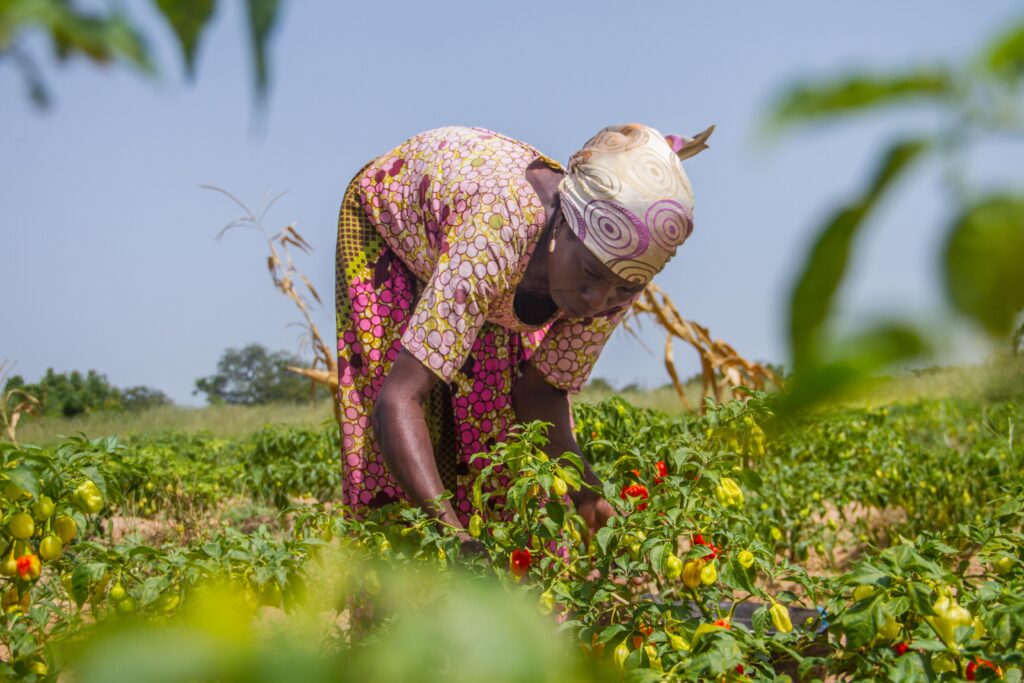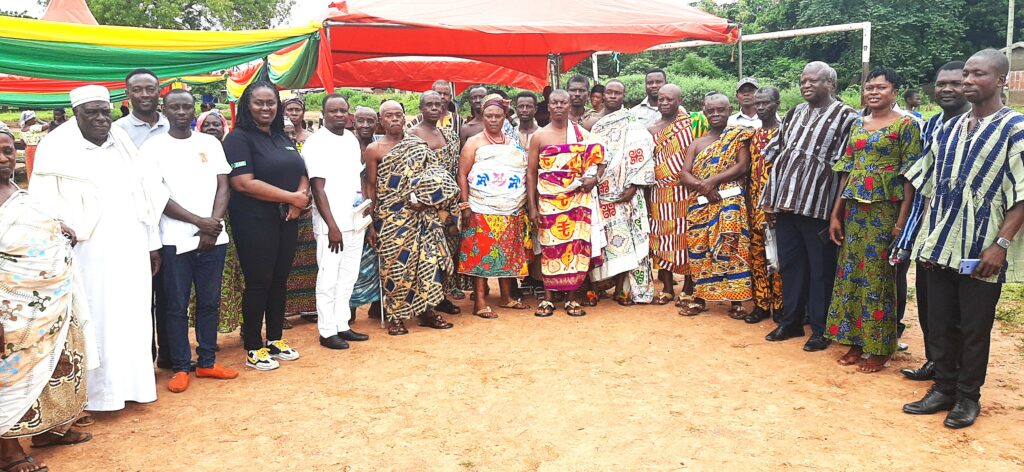Empowering women farmers in Ghana: Introducing the gender handbook for extension agents
At 42%, women form a large and important part of the global agricultural work force. In Ghana, this figure is even higher. Here, women make up 52% of the labour force and produce 70% of food crops. However, gender norms and stereotypes often prevent them from fully participating in decision-making on family farms. This impacts…
Empowering women farmers with digital tools in India
In India, 59 per cent of women work in agriculture. This workforce is vital to the country’s rural economy, with women performing many of the big farming jobs, such as planting, weeding, tending, and harvesting crops.
PlantwisePlus most read blogs of 2023
As 2023 draws to a close, we have tallied the numbers to present the most-read articles on the PlantwisePlus Blog this year. Plus a few firm favourites. Articles on the new PlantwisePlus tools and courses were some of the most read during 2023, as well as other blogs on key topics like one health and…
New study highlights positive impact of PlantwisePlus in Ghana on gender-inclusive agricultural extension services
A new study brief shares key findings on gender-inclusive agricultural extension services in Ghana by PlantwisePlus.










